Resources for finding farm land in Brazil
Last activity 17 July 2023 by rnbtg
875 Views
14 replies
Subscribe to the topic
Post new topic
Reason : Kindly note that we do not allow any forms on advertising on the forum. Thanks
We invite you to read the forum code of conduct
07/10/22 I've seen others find their Shangri-La only to get new neighbors with a fetish for super-amplified sound systems that they feel important to share with everyone in their municipality.Matt- @mberigan
When you say sustainable practices, what you might actually mean is a smaller plot, where you might circumvent foreign land ownership barriers , if you are actually buying a "Chacara" or a Grange, unlike as if you were searching for farm land. Chacaras are smaller land plots, where one runs a small operation such as growing vegetables, livestock, bee keeping, those sort of things.
@rnbtg good evening. Hope all's well!
I live in Minas and have some land I think you'd might be interested in. It's not close to the beach but there are waterfalls all around. One being the 3rd tallest in the country at 711ft with half of it shaped like a heart.
The land we have is mostly pasture, braquiária, so anything you want to plant, which I'm assuming is fruit, is actually welcomed.
My father has a vineyard with over three thousand grape vines of 3 different varieties. Along with guavas, jaboticabas, acerola, and so forth.
If you and the missus ever decide to try a diff state other than Bahia, I truly believe we should talk. My family doesn't plan on moving out of here, it's my dad's birthplace, so you'd have a solid connection for years to come.
I lived on Cape Cod for 14yrs, and still work from my computer and have family there. I know a good place when I see one. This is a piece of heaven on Earth with a lot to offer.
Look me up on Instagram @helbertq
I have drone footage there.
Best regards!
@rnbtg just seeing this one now. Now I'm certain you should look me up. You'd be away from people but not isolated. You can plant and have livestock. The city is called Conceição do Mato Dentro. Distrito Itacolomi
Articles to help you in your expat project in Brazil
 The Brazilian labour market
The Brazilian labour marketIn recent years, Brazil suffered through an economic recession and a government austerity program. Still, Brazil ...
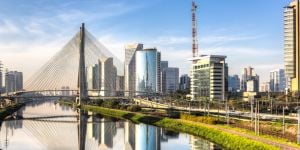 Finding a job in Brazil
Finding a job in BrazilIt's better to get a job from abroad if you want to work in Brazil. In this article, find useful information to ...
 Invest in Brazil
Invest in BrazilWith a population of more than 212 million and a growing middle class, Brazil represents many investment ...
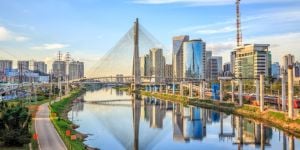 Working in São Paulo
Working in São PauloSão Paulo is Brazil's largest economic center by far, with many Brazilian firms headquartered here, as ...
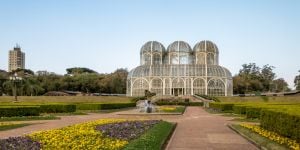 Working in Curitiba
Working in CuritibaCuritiba attracts many foreigners, who come both for work and because Curitiba offers a high standard of living. ...
 Working in Rio de Janeiro
Working in Rio de JaneiroRio de Janeiro is Brazil's largest commercial center after São Paulo. With a diversified economy, it ...
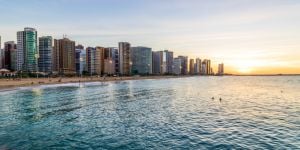 Working in Fortaleza
Working in FortalezaFortaleza is the capital city of the northeastern state of Ceará and is Brazil's fifth-largest city ...
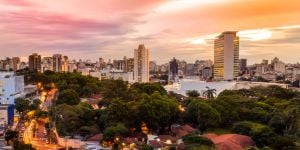 Working in Belo Horizonte
Working in Belo HorizonteBelo Horizonte (“Beautiful Horizon” in Portuguese) is the capital of the state of Minas Gerais. ...
Find more topics on the Brazil forum



